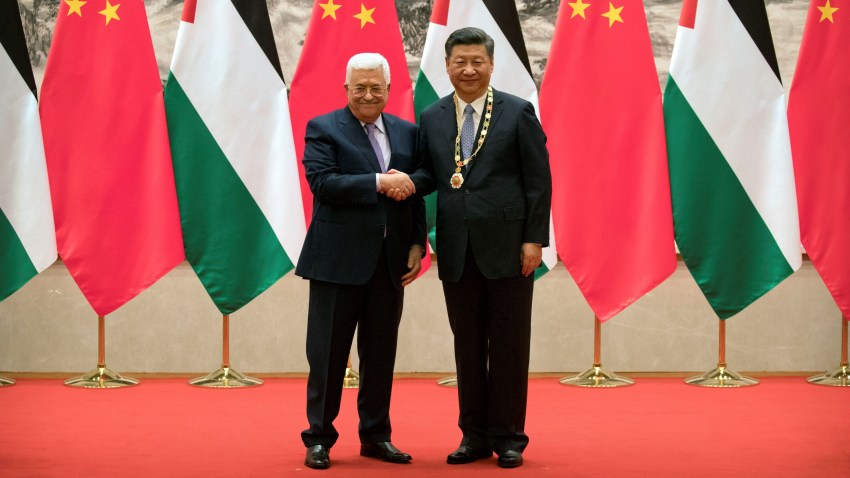For the past several years, Chinese President Xi Jinping has fundamentally changed both the goals and the methods of Beijing’s foreign policy. At the start of China’s “reform and opening-up” period, Deng Xiaoping famously counseled the Chinese leadership to “hide capabilities and bide time,” so that China could focus on the hard business of getting rich and strong in a permissive and welcoming external environment.
In contrast, Xi has articulated a broad vision for China’s future central role in the world, first through the Belt and Road Initiative, or BRI, which is now a decade old, as well as new institutions such as the Asian Infrastructure Investment Bank; and more recently with announcements of overarching frameworks to define China’s proposed alternative to U.S. primacy, such as the Global Development Initiative, Global Security Initiative and Global Civilization Initiative.
But under Xi, China’s approach to global affairs has changed in terms of how it goes about achieving its aims, as well. During his tenure, Beijing has unleashed its “wolf warrior” diplomacy; regularly engages in much more aggressive military tactics in the South China Sea and other busy shipping lanes; and is seeking to assemble a coalition of supportive countries in the Global South around China’s vision of global order.

